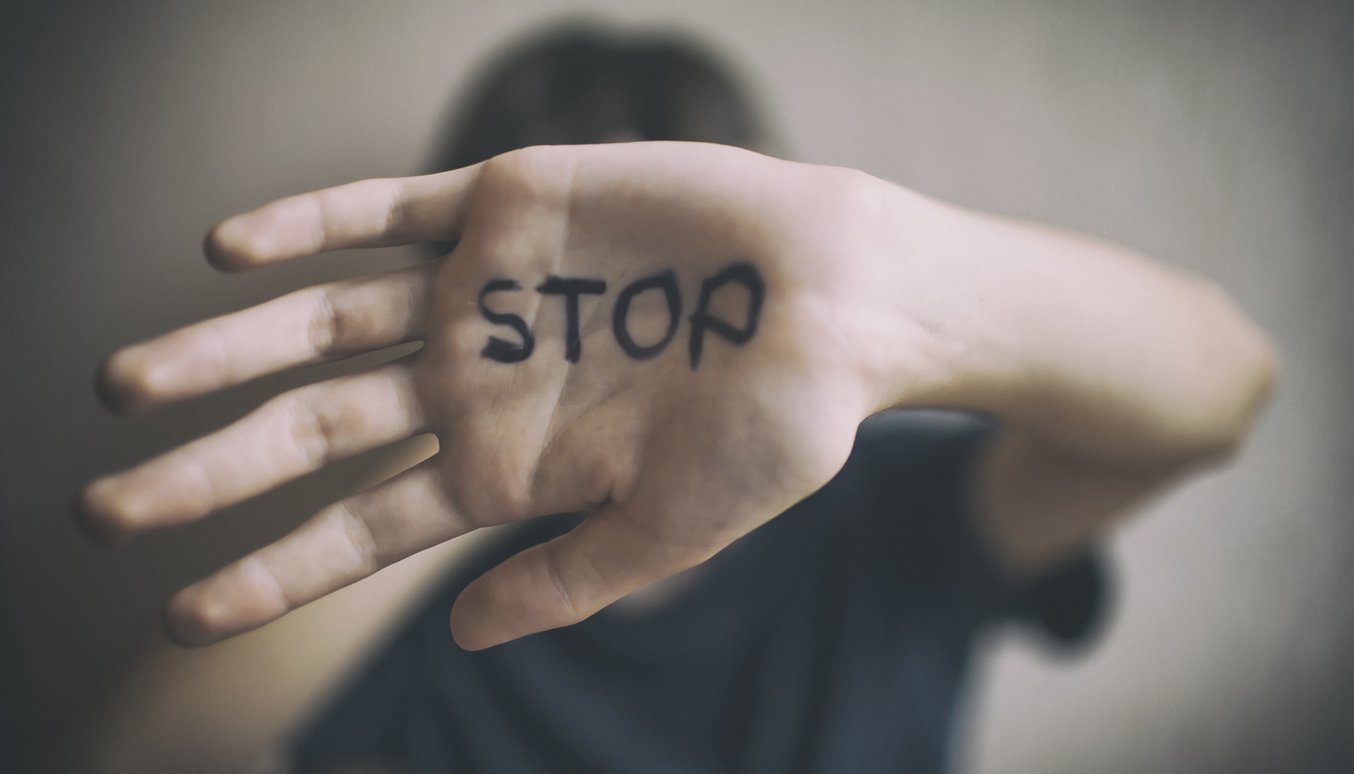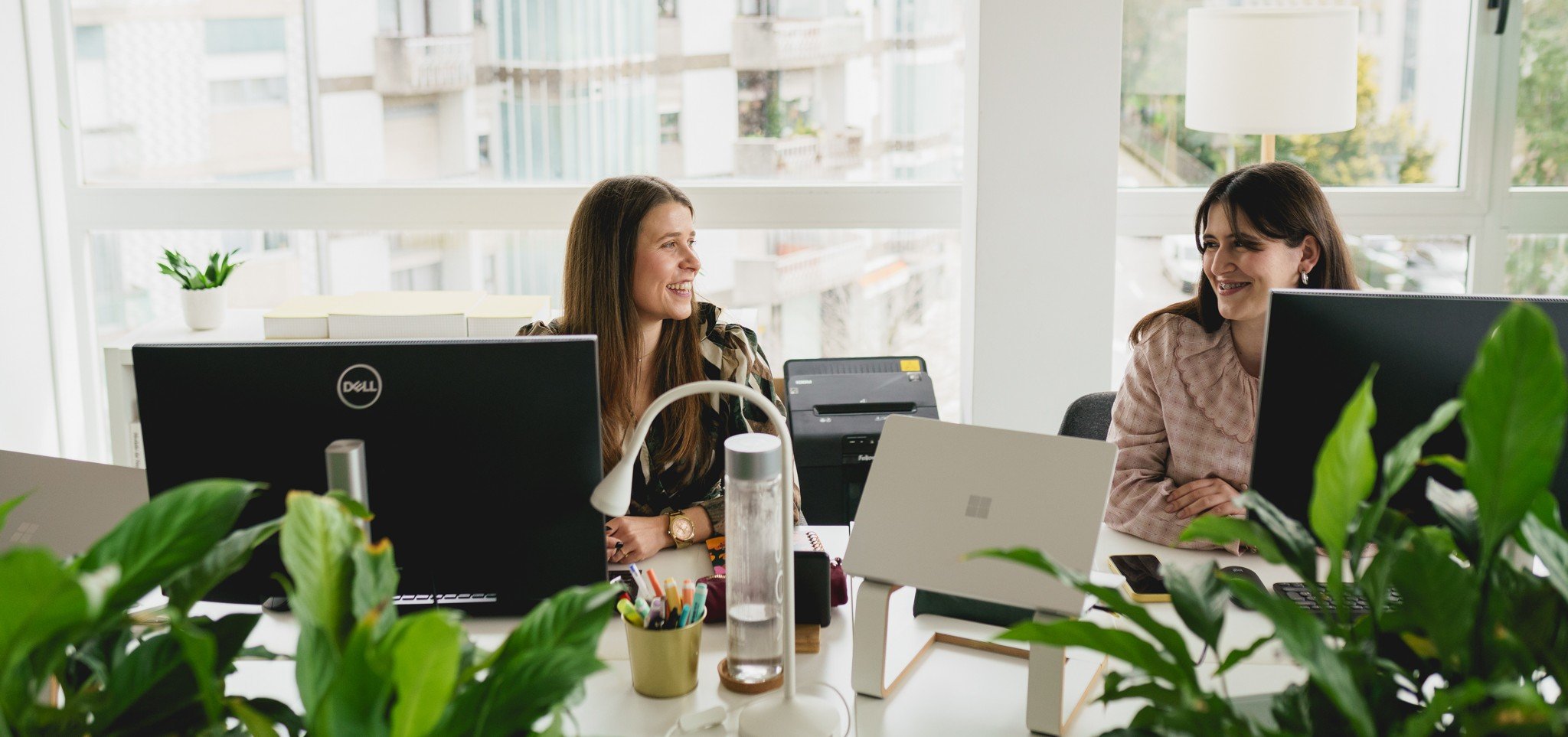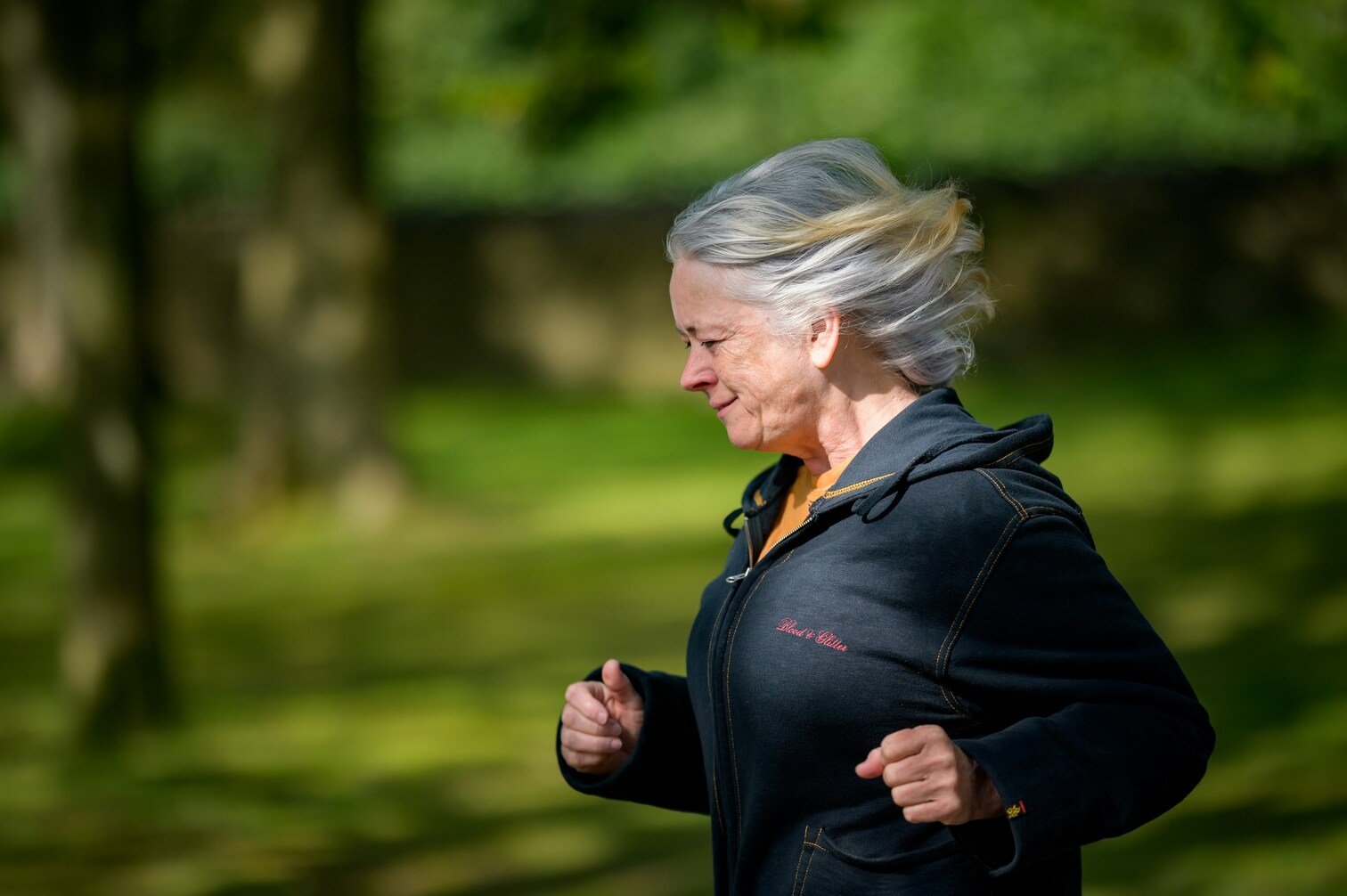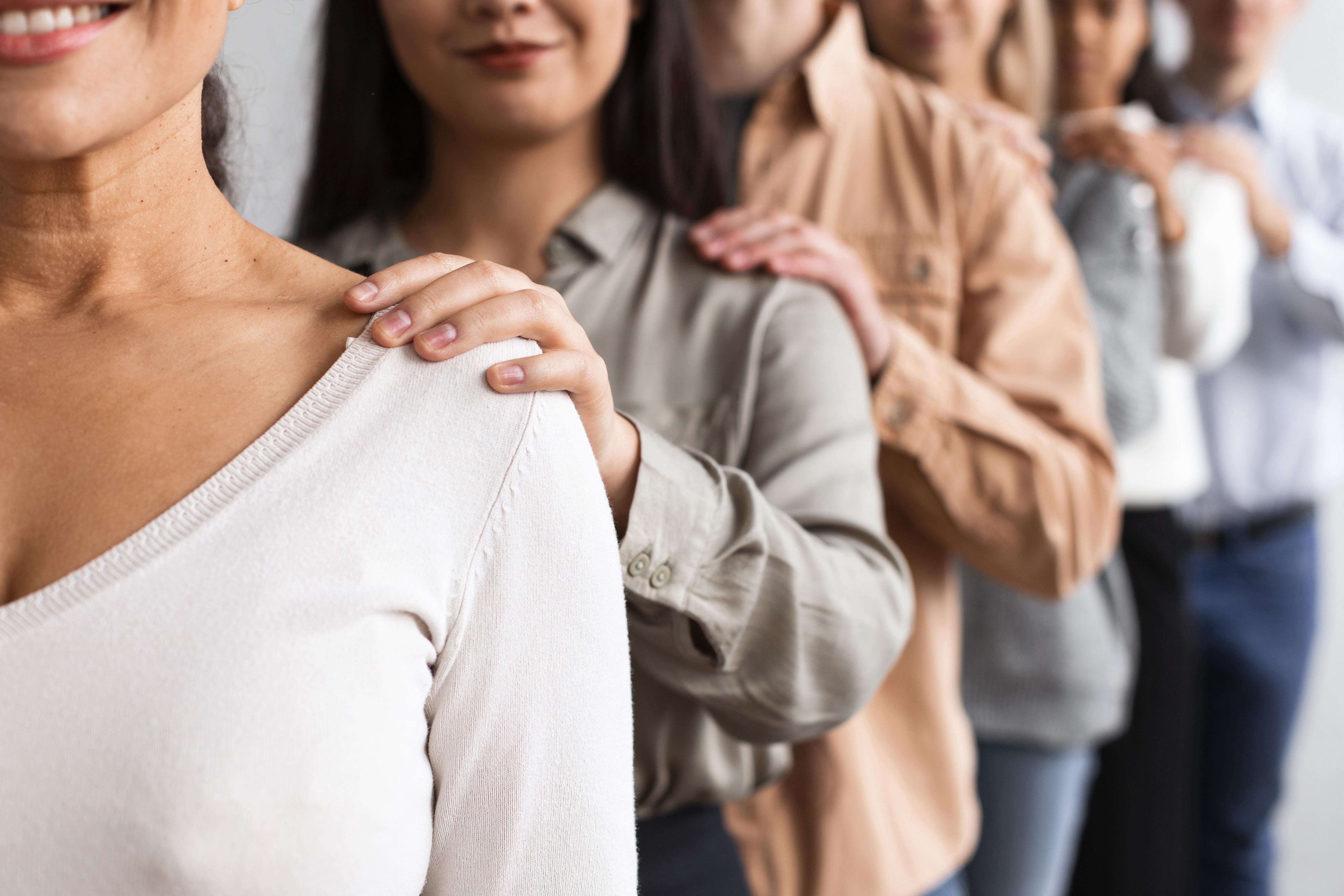We are talking about a serious violation, with multidimensional characteristics and which affects human rights and fundamental rights on a large scale. We can list violations of civil and political rights, economic and social rights, the right to liberty, the right to physical integrity, the right to wages and, in extreme cases, the right to life.
The crime of Human Trafficking is complex, multidimensional, transnational and diverse, with different types of traffickers, routes and means. As far as victims are concerned, according to data from UNODC (United Nations Office on Drugs and Crime) there are 2.4 million victims a year, 58% of whom are sexually exploited, 36% are labour exploited and 75% of these are women and young girls. Poverty, social and economic inequalities and gender inequalities are factors that make potential victims vulnerable and are interlinked with the growth of trafficking networks, as well as human rights violations in the country of origin, which generate pressure to migrate to countries that offer security and higher standards of respect for human rights.
However, the migration process itself, as well as reception in the destination country, can be associated with new human rights violations, especially when, paradoxically, the country whose attraction factor was respect for human rights ends up practising discrimination and violating the rights of immigrants.
When victims enter the sphere of control of the states and/or NGOs that protect them, the mechanisms for protecting victims in themselves tend to reinforce stigmatisation, involving their confinement in shelters for prolonged periods that raise essential questions about illegitimate violations of the victims' human rights. Practices that are considered normal and involve measures restricting freedom of movement, prohibition of exits, communication and above all the right to privacy, justified by the need to guarantee the victims' safety, do not fail to objectively jeopardise their fundamental rights.
Although there is a legal framework at international and national level on the crime of Human Trafficking, it is necessary to reinforce the human rights logic in its approach. Prioritising the protection and support of victims and respect for their rights has a positive effect in that protected victims are more willing to participate, both in legal proceedings and in preventative actions with vulnerable groups.
What can we do?
It is in the word akto, from the Esperanto word for "action", that the Coimbra-based NGDO Akto - Direitos Humanos e Democracia (Akto - Human Rights and Democracy) has been complementing the 3 axes of the word since 2015 by carrying the message, communicating and educating. Its mission is to promote Education, Promotion and Intervention in Human Rights and Democracy, as structuring factors for positive change in building a just and equitable world.
Because Akto believes that non-formal education is a powerful tool for developing knowledge and skills that promote social cohesion, they take Education for Human Rights and Democracy into schools, adopting a transversal approach that values diversity, equality and peace. However, they also fill a gap in the training of strategic audiences in Portugal by developing certified training courses in the fields of Gender Equality and the prevention, sensitisation and the fight against Human Trafficking and support for its victims.
Despite the strategic importance of our country for Human Trafficking networks, there are few structures working to support victims, and they sometimes end up being absorbed by unspecialised responses. That's why Akto is also responsible for a unique project in the area and in Portugal for the protection of victims of these crimes: the Reception and Protection Centre for Children and Young Victims of Human Trafficking.
We can't talk about human trafficking without talking about human rights. Talking about the issue, seeking information, knowing how to act, protecting its victims, is protecting our fundamental rights. We stand for human rights.
For more information about Akto's projects, you can visit our website
www.akto.org and our social networks www.facebook.com/akto.org and www.instagram.com/akto_org



